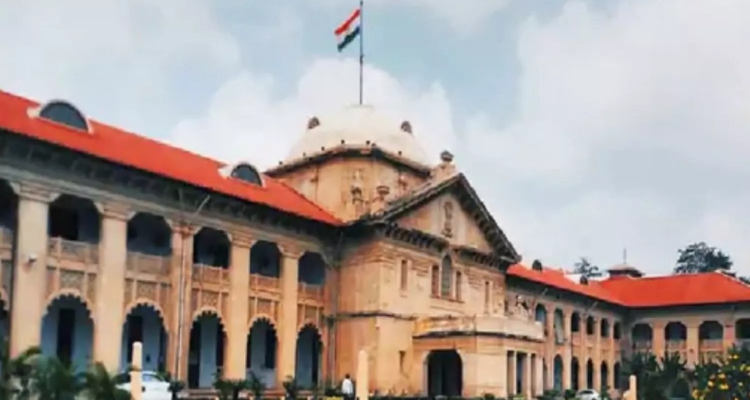
The Allahabad High Court on Tuesday ruled that being a central government employee does not automatically qualify an individual for appointment in state services.
Justice Salil Kumar Rai delivered the judgment while dismissing a petition filed by Vishal Saraswat, who challenged the Uttar Pradesh government’s refusal to appoint him due to a pending dowry case.
“Two different public employers may have different views regarding the suitability of a candidate for appointment. One employer is not bound by the decision and discretion of the other,” Justice Rai observed.
The court emphasized that the state government cannot be compelled to “mechanically and slavishly” follow decisions made by the central government or other public employers like the Rajya Sabha Secretariat.
Saraswat’s provisional appointment as an Assistant Legislative Committee–Protocol/Executive Officer in the Rajya Sabha Secretariat was granted in December 2020, subject to the outcome of a dowry harassment case filed against him and his family in 2017.
Later, he topped the Uttar Pradesh Public Service Commission’s Combined State and Upper Subordinate Services Examination, 2019, and sought a state government position.
When the Uttar Pradesh government was informed of the pending criminal case, it sought a report from the Rajya Sabha Secretariat, which clarified that no disciplinary inquiry was pending against Saraswat.
Despite this, the UP government rejected his appointment on February 28, 2024, citing the charges in the dowry case.
Saraswat challenged this decision, arguing that his appointment was unjustly denied in violation of Articles 14 and 16 of the Constitution, which guarantee equality and fairness in public employment. He also contended that the dowry case was baseless and improperly considered by the UP government.
However, the court noted that Saraswat had disclosed the criminal case in his application and referred to the precedent set in Avtar Singh vs Union of India (2016).
The Supreme Court, in that case, upheld the rejection of candidates with pending criminal trials, stating that such trials could lead to convictions that render candidates unsuitable for government service.
Dismissing the petition, the court concluded that Saraswat’s employment in the Rajya Sabha Secretariat did not make him automatically eligible for appointment in Uttar Pradesh’s state services. It reaffirmed that public employers have the discretion to evaluate a candidate’s suitability independently.




